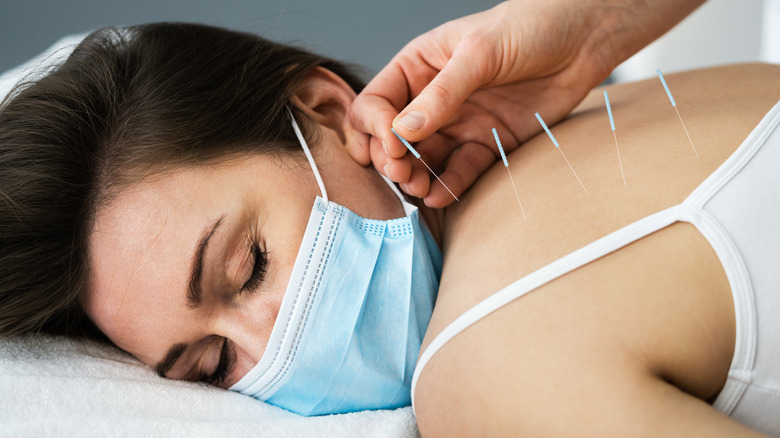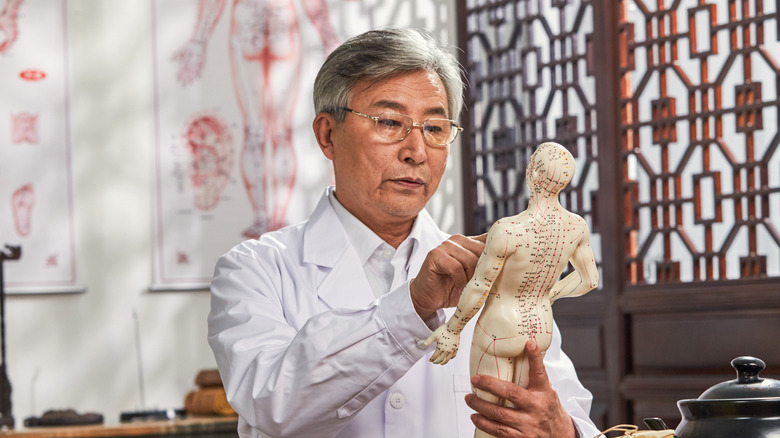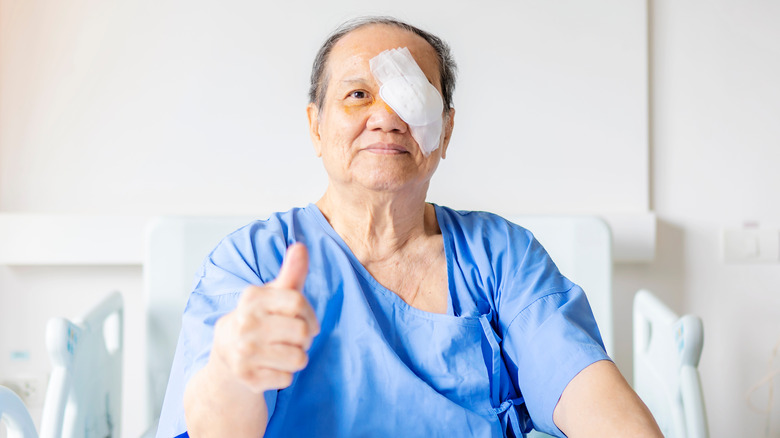Why You Should Consider Acupuncture To Relieve Post-Op Pain
Many people experience pain after an operation. Post-operative discomfort can be chronic or acute. Acute pain is often intense but resolves after a short time, usually within a few days. Chronic pain is often duller, but it may be severe. Chronic pain typically lasts for a week or more. Doctors often prescribe opioids and other pain-relieving medication to manage post-op pain. However, drugs can have potentially adverse side effects or be habit-forming. According to the Hospital for Special Surgery (HSS), acupuncture may help relieve pain and reduce other post-op symptoms alone or in conjunction with other treatments like medication and massage.
When applied correctly, acupuncture can successfully help patients and doctors manage post-op pain without harmful side effects. A report published by the American Society of Anesthesiologists shows that post-surgery acupuncture can also help reduce or eliminate the need for opioids and other potentially habit-forming drugs. Current research shows that expertly applied acupuncture can help effectively relieve post-op pain for various conditions and surgical procedures.
How does acupuncture work?
Acupuncture is a key component of traditional Chinese medicine (TCM). TCM practitioners have been using acupuncture for thousands of years to relieve pain and discomfort stemming from several conditions, including post-op pain (via Johns Hopkins Medicine).
In traditional Chinese medicine, pain and illness are caused by an imbalance of qi. According to the Acupuncture and Massage College, qi is the energetic life force that sustains vitality in the human body and is a combination of active yang and passive yin energies. When yin and yang are balanced, they work harmoniously to keep the body and mind healthy and free of pain and disease. But when yin or yang energy becomes too elevated or depleted, the imbalance can lead to various symptoms, including illness and pain.
According to Johns Hopkins Medicine, TCM uses acupuncture to relieve symptoms like pain by balancing yin and yang to restore the natural harmony of qi in the body. To do this, acupuncture practitioners insert long, thin needles into the skin, generally only ¼ to ½-inch deep (via Northwest Community Healthcare). Johns Hopkins further explains that practitioners place needles at specific sites thought to be related to the particular area being treated. The procedure should not be painful, and many patients report no sensation or a feeling of deep relaxation during application.
How effective is acupuncture for relieving post-op pain?
Whether a complicated procedure or a standard outpatient operation, we know surgery can disrupt the body's function, often for extended periods. Symptoms of this disruption include pain at the surgical site and sometimes other parts of the body. Because TCM attempts to correct imbalances in the body, acupuncture may effectively help reduce the length and severity of pain symptoms following a surgical procedure, as evidenced in a study published in Trials journal.
Studies show acupuncture is highly effective in reducing the intensity and duration of most types of post-op pain. A review in PLoS One demonstrates that numerous clinical trials support the use of acupuncture for relieving pain after various surgical procedures, including Cesarean delivery (via JAMA Network Open), laparoscopic surgery (via BMJ Open), oral surgery (via Journal of Pain Research), orthopedic surgery (via HSS), abdominal surgery via (the University of Hong Kong), and more. According to the Mayo Clinic, the benefits of acupuncture are particularly effective for neck pain, headaches and migraines, dental pain, labor pain, back pain, joint pain, and nausea.
Only qualified, licensed practitioners should perform post-surgical acupuncture to ensure safe, effective therapy with your doctor's recommendation. When administered properly, acupuncture offers an extremely safe, long-lasting pain-relief option free of side effects and other potential hazards.



